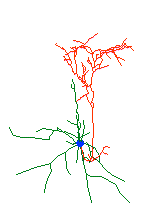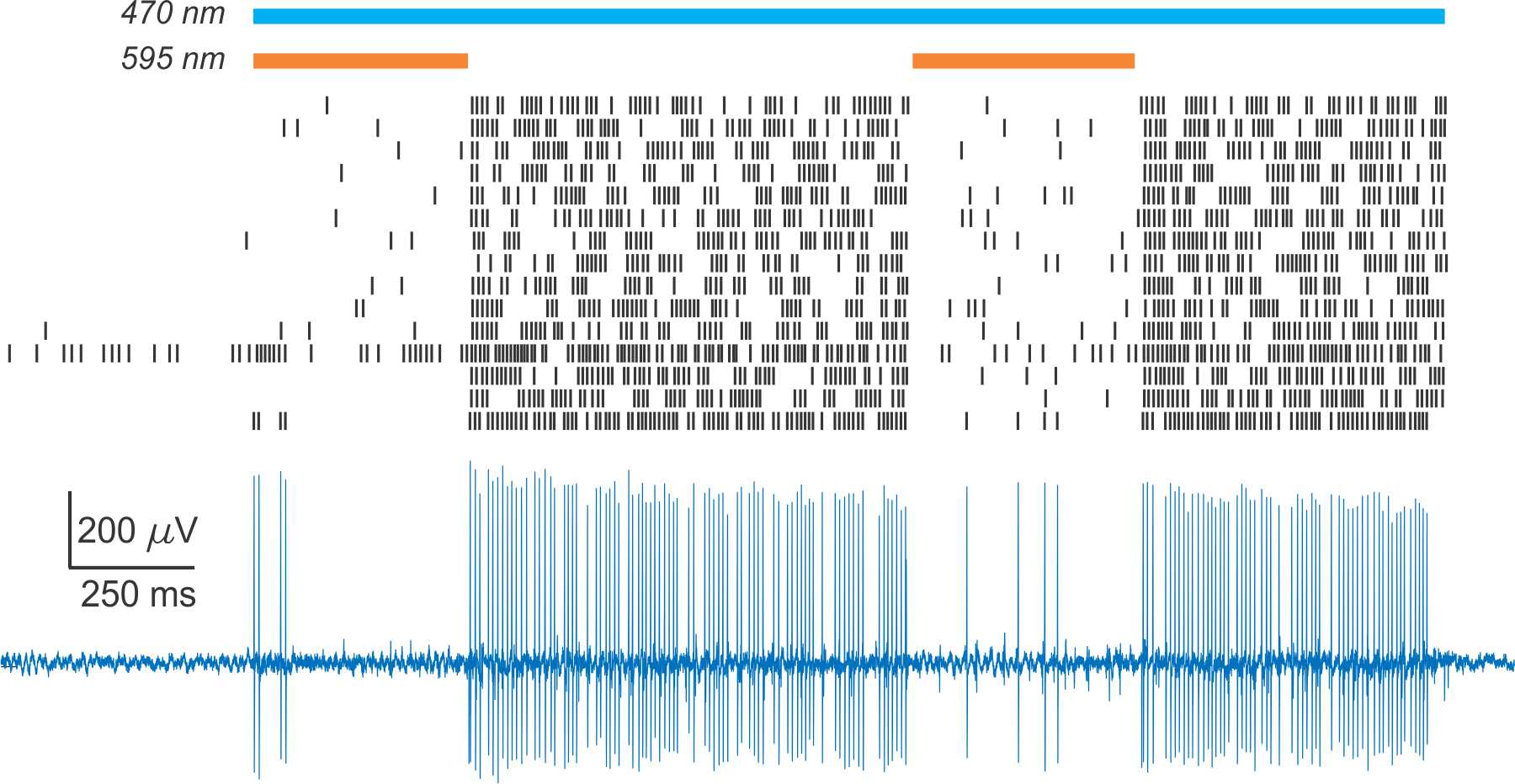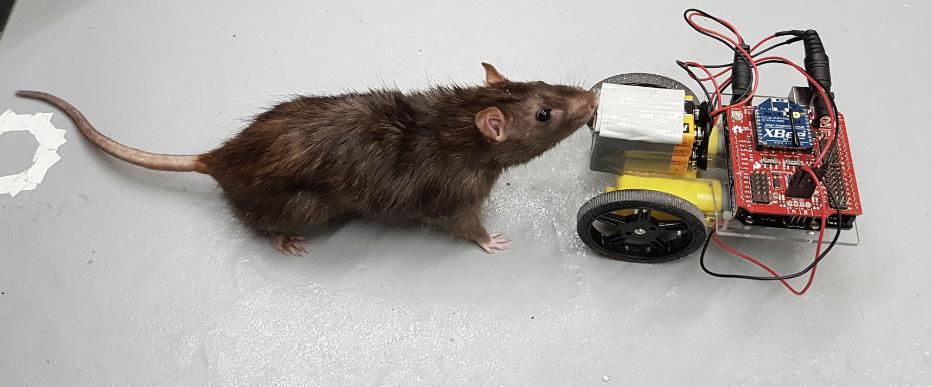


*** Breaking News ***
We have moved to the University of California San Diego
This site is currently being updated...Contact Jean-Marc at: jmfellous at ucsd.edu
Our research interests include the neurobiology of complex learning and memory and the mechanisms and roles of neuromodulation in large neural networks in the context of spatial navigation and probabilistic decision making. We use a multi-disciplinary approach that includes computational, in vitro and in vivo techniques. 
The primary focus of our research is to understand how complex memories persist and are transformed in large populations of neurons. How are multiple memories simultaneously processed without interfering with each other? How does learning 'optimize' large scale computations? How do recent memories influence upcoming decision making? Can memories be selectively altered? How do memories change during sleep? Current research foci include complex spatial navigation in the hippocampal and prefrontal systems.
The secondary focus is to understand how neural computations can be dynamically re-configured to reflect the constraints  dictated by changes in behavioral, emotional and cognitive contexts. These contexts are often associated with the release of neuromodulators such as dopamine (e.g. reinforcement learning), acetylcholine (e.g. sleep and memory) or serotonin (e.g. motivation and emotion). How do these substances change the flow of information and regulate learning and memory? Current research foci include spatial memory consolidation during sleep, Post Traumatic Stress Disorder and empathy.
dictated by changes in behavioral, emotional and cognitive contexts. These contexts are often associated with the release of neuromodulators such as dopamine (e.g. reinforcement learning), acetylcholine (e.g. sleep and memory) or serotonin (e.g. motivation and emotion). How do these substances change the flow of information and regulate learning and memory? Current research foci include spatial memory consolidation during sleep, Post Traumatic Stress Disorder and empathy.
 The experimental aspects of this research include a combination of in vitro and in vivo techniques in the rat. We use state of the art neurophysiology techniques that include two-way real-time brain-machine interfaces, wireless recordings and "hyperdrives" allowing for the simultaneous recordings of many neurons in the behaving animal. We also use optogenetic tools to manipulate neural activity in vivo using light, and small robots that interact with the rats!
The experimental aspects of this research include a combination of in vitro and in vivo techniques in the rat. We use state of the art neurophysiology techniques that include two-way real-time brain-machine interfaces, wireless recordings and "hyperdrives" allowing for the simultaneous recordings of many neurons in the behaving animal. We also use optogenetic tools to manipulate neural activity in vivo using light, and small robots that interact with the rats! 
The theoretical aspects of our work involves the use of computational modeling techniques to simulate the activity of single cells and networks of interconnected cells. These computer simulations reproduce and explain experimental data, and generate predictions that can in turn be tested experimentally. We also are interested in Artificial Intelligence techniques for the analysis of large datasets.
Of general Interest, a.k.a if you want to know what we are interested in!: Lab Meeting Journal Club papers ----- Theoretical Neuroscience Journal Club Papers